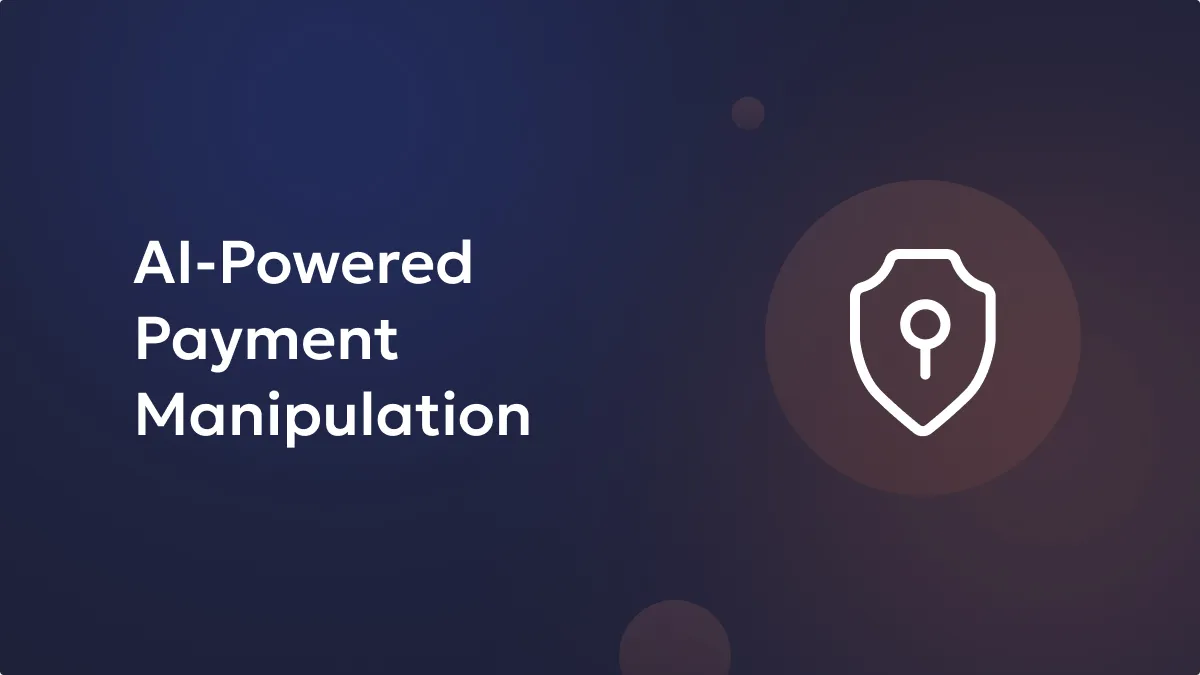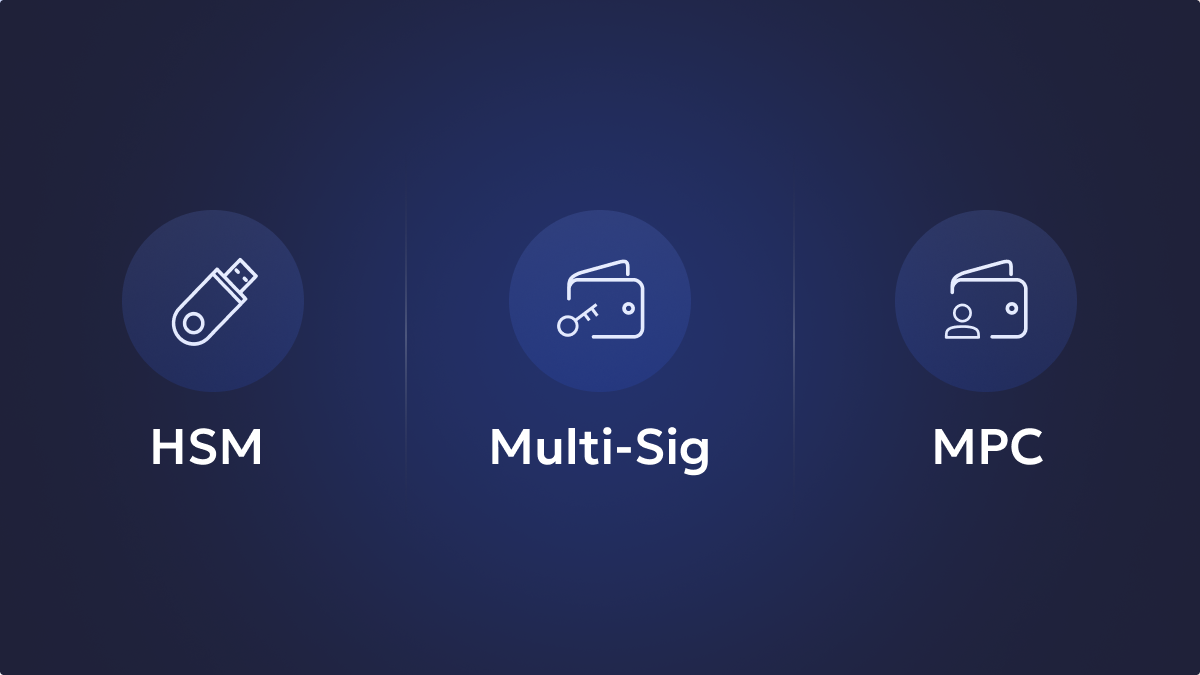BNB Beacon Chain, or Build N Build Chain, is one of the most widely known blockchain networks. It is committed to providing essential core infrastructure for widespread public adoption of blockchain. This blockchain upholds its community-first principles and operates as an open-source ecosystem, fostering a permissionless and decentralized environment. Within the BNB Chain, two distinct blockchains coexist – the BNB Beacon Chain (BC) and the BNB Smart Chain (BSC). The BNB Beacon Chain governs the entire BNB Chain and oversees crucial aspects such as staking and voting. On the other hand, the BNB Smart Chain serves as an EVM-compatible blockchain, featuring consensus layers and hubs to facilitate multi-chain functionalities.
Key Takeaways
- BEP-2 is a technical standard designed to facilitate the creation and utilization of new tokens on the Binance Chain.
What is a BNB Chain?
Build N Build (BNB) Chain represents a distributed blockchain network that empowers developers and innovators to construct decentralized applications (DApps) as a crucial part of the Web3 transition.
Unlock the potential of digital assets for your institution
Decentralization is a fundamental characteristic of Web3 blockchain technology and its associated applications. The primary design principle of such systems revolves around the absence of a single individual or organization in control. Instead, these technologies enable users to engage in secure transactions without needing a third-party intermediary to maintain trust. Furthermore, the introduction of smart contracts allows for the automation of various interactions, fostering the creation of decentralized applications supporting a diverse range of products, including financial services (DeFi), games (GameFi), and collectibles (NFTs).
What is the BNB Beacon Chain?
The BNB Beacon Chain, formerly known as Binance Chain, was introduced in 2019 to enable rapid and decentralized trading. While pursuing this goal, certain operational decisions were made. These choices resulted in limitations that prevented BNB Beacon Chain from supporting developers in running smart contracts on its network.
It’s worth noting that the BNB Beacon Chain follows the BEP2 token standard, which serves as the foundational token format for its native token, BNB. Originally designed to facilitate asset transactions exclusively within the Binance Chain network, BNB cannot be utilized in any other blockchain beyond Binance.
Secure and manage your digital assets with Liminal
In response to the highly competitive blockchain technology landscape, Binance developed the concept of Binance Smart Chain (now known as BNB Smart Chain). This new platform aimed to address the shortcomings of the BNB Beacon Chain, allowing for greater flexibility and support for developers to execute smart contracts effectively.
What is BNB Token?
BNB serves as the cryptocurrency coin that empowers the entire BNB Chain ecosystem. As a widely recognized utility token, BNB offers tradability like any other cryptocurrency and finds utility across a diverse range of decentralized applications and use cases.
How does BNB Smart Chain work?
Utilizing Proof of Staked Authority (PoSA), Binance Smart Chain achieves an impressive block processing time of just 3 seconds. Participants in the network stake their BNB to become validators, and if they successfully propose a valid block, they receive transaction fees as a reward. It’s important to note that BNB is not inflationary, and its supply decreases over time due to regular coin burns conducted by Binance. Consequently, there is no subsidy for newly minted BNB.
The dual-chain architecture of Binance Smart Chain serves a valuable purpose, enabling seamless asset transfers between blockchains. The BNB Beacon Chain facilitates swift trading, while the BSC is specifically designed for running robust decentralized applications (dapps).
Contrasting with native tokens on the BNB Beacon Chain, tokens on BSC adhere to the BEP-20 token standard. BEP-20 draws inspiration from Ethereum’s ERC-20 and offers compatibility with Ethereum’s smart contract system. Additionally, Binance Wallet facilitates the exchange of tokens from the BNB Beacon Chain, like BEP2 BNB, into BEP-20 tokens and vice versa.
Key Difference between BNB Smart Chain and Beacon Chain
Within the BNB Chain, both the BSC and the Beacon Chain operate concurrently, constituting a Layer-1 blockchain solution to resolve Ethereum’s scalability concerns without compromising security.
The BNB Beacon Chain primarily assumes a governance role, enabling blockchain community members to stake the governance token (BNB) and actively participate in decision-making through voting mechanisms.
On the other hand, the BNB Smart Chain (BSC) serves as the bustling host for the blockchain ecosystem. Like the Ethereum blockchain, BSC supports Turing complete functionality, facilitating the deployment of smart contracts, decentralized applications (DApps), and other web3 applications.
It is important to highlight that both the Beacon Chain and the BSC remain operationally independent. Consequently, the functionality of one chain does not impede the operation of the other, ensuring continued accessibility even if one chain faces temporary disruptions.
BNB is EVM-Compatible
The BNB Smart Chain (BSC) enhances its capabilities through smart contract functionality, fully compatible with the Ethereum Virtual Machine (EVM). This compatibility enables developers to seamlessly migrate and redeploy their DApp projects and smart contracts from the Ethereum platform to the BNB Chain. Furthermore, the EVM compatibility allows users to configure Ethereum DApps, such as MetaMask, to interact with the BSC seamlessly.
Conversely, the BNB Beacon Chain focuses solely on governance and decision-making, lacking support for smart contract functionality. It is not intended to operate as a smart contract chain and does not support the Ethereum Virtual Machine (EVM).
BNB Token Standards. Explained!
Within the BNB chain, two chains exist, each with its distinct token standards: BEP2 and BEP20.
BEP2 tokens represents the token standard for the BNB Beacon Chain, an integral component of the Binance Chain, the first chain introduced by Binance. It is also the designated token standard for the Binance Coin (BNB), serving as Binance’s native cryptocurrency. BEP2 tokens were primarily used as transaction fees on Binance’s centralized and decentralized exchanges. Due to their lack of interoperability with other blockchains, BEP2 tokens are limited to functioning exclusively within the Binance ecosystem. To use them on other BNB DApps, BEP2 token holders must first convert them to BEP20 tokens.
On the other hand, BEP20 serves as the native token standard for the BNB Smart Chain (BSC), Binance’s smart contract platform. This token standard draws inspiration from the ERC20, making it fully compatible with the Ethereum Virtual Machine (EVM). It shares significant similarities with ERC20 tokens, including functionalities like balance inquiry, token ownership verification, and transfers.
BEP20 and BSC can be somewhat confusing terms within the broader ecosystem. BEP20 tokens are programmer-friendly, enabling anyone to create tokens, and they are designed to provide smart contract support to the BNB ecosystem.
A bridge called the BSC Token Hub facilitates the transfer of tokens between the two networks (BEP20 to BEP2 or vice versa). This bridge ensures seamless interoperability and exchange of tokens between the two chains.
BNB Beacon Chain Shutting Down
Binance, the world’s leading cryptocurrency exchange, has announced the sunset of the BNB Beacon Chain (BEP2) network by June 2024, marking a significant milestone in its blockchain evolution. This move aims to prompt projects using the BEP2 network to transition to the BNB Smart Chain (BEP20) for continued service and asset value protection.
The mandatory migration ensures service continuity and asset security for users. Binance has actively engaged with listed projects to initiate migration processes, although not all have completed the transition.
The deadline is crucial for BEP2 token holders, as post-sunset binding and migration services will cease. Failure to transition by June 2024 will render BEP2 tokens irretrievable, and Binance will disclaim liability for resulting losses.
Conclusion
Even though the BNB Beacon Chain and the BNB Smart Chain operate independently, they collaborate synergistically to enhance and support the widespread BNB ecosystem, positioning it as a formidable competitor to the Ethereum blockchain.
Overall, BNB Chain continues to thrive as one of the most sought-after blockchains globally, aiming to establish the fundamental infrastructure needed for widespread adoption while upholding its commitment to community-driven values within a decentralized framework.
Frequently Asked Questions (FAQ’s):
1. Is the Beacon Chain secure?
The Beacon Chain is the backbone of Ethereum 2.0’s transition to a proof-of-stake consensus mechanism. It maintains records of validators, processes staking deposits, and coordinates the network.
2. How does staking BNB contribute to network security?
Staking BNB on the BNB Chain contributes to network security. It incentivizes validators to act honestly and penalizing misbehavior.
3. What is the design principle of the BNB Beacon Chain?
The BNB Beacon Chain is designed to be simple, resilient, secure, and decentralized.
4. What are beacon nodes?
Beacon nodes are applications that maintain a view of the Beacon Chain. It manages lifecycle process of active validators and contributes randomness for validator assignment.
5. What is the primary function of the BNB Beacon Chain?
The primary function of the BNB Beacon Chain is to serve as a parallel blockchain to the current BNB Chain. It is engineered to retain high performance while supporting smart contracts.
6. How do transaction fees work on the Beacon Chain?
Transaction fees on the Beacon Chain are used to pay for gas. Gas is the unit of computation required to execute transactions.





